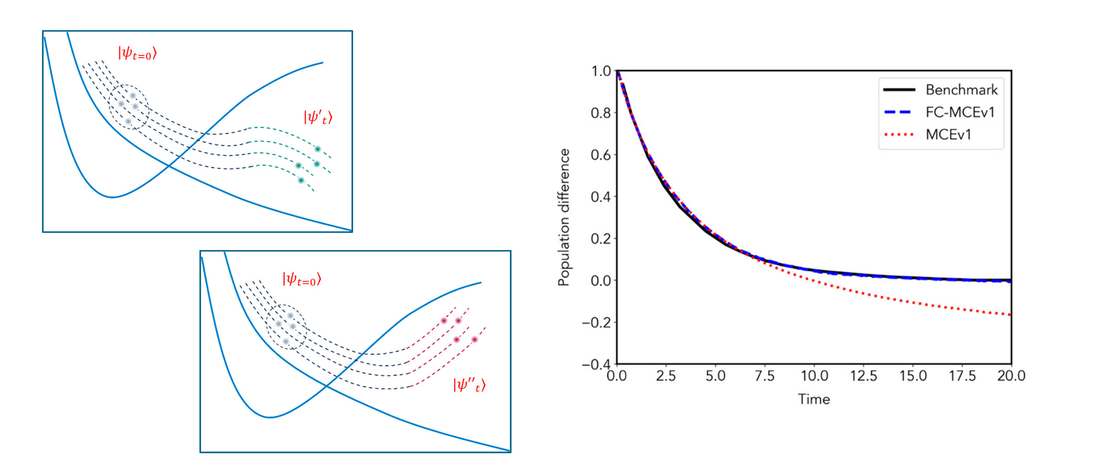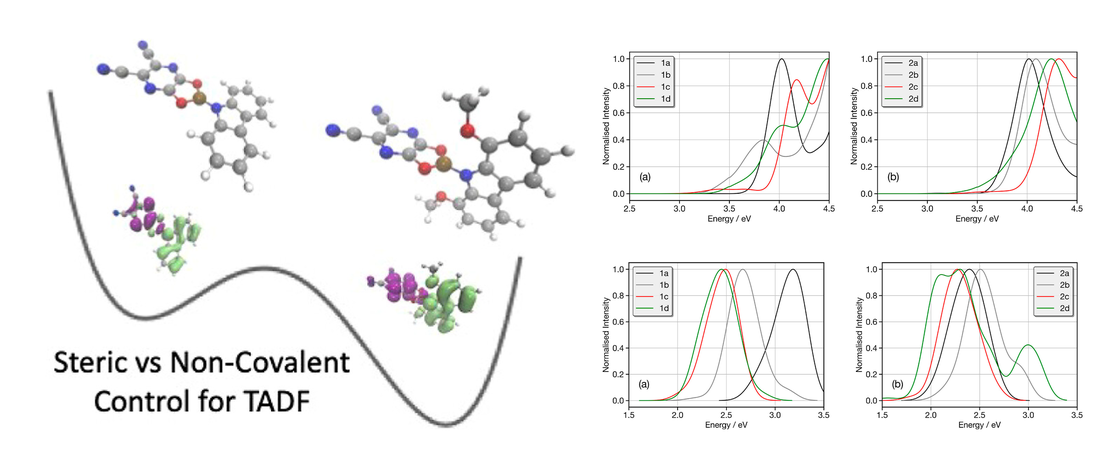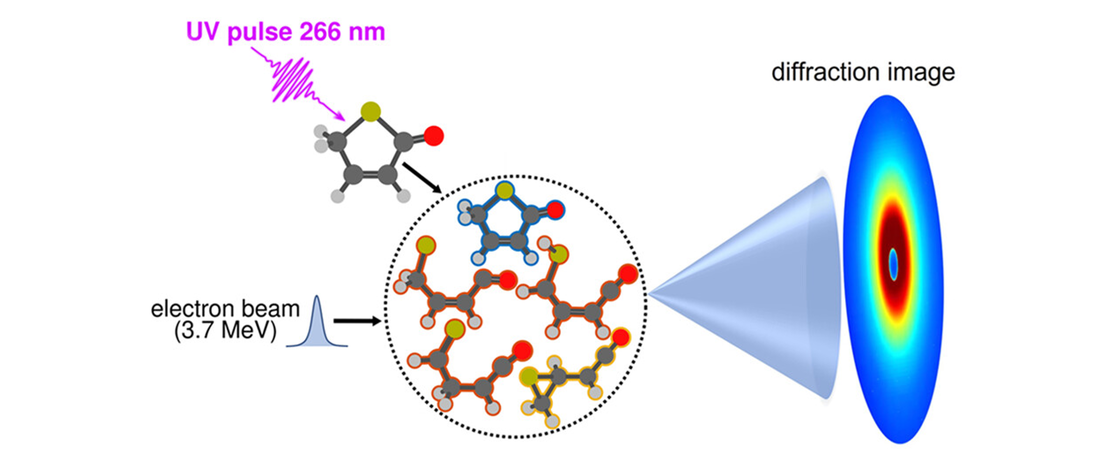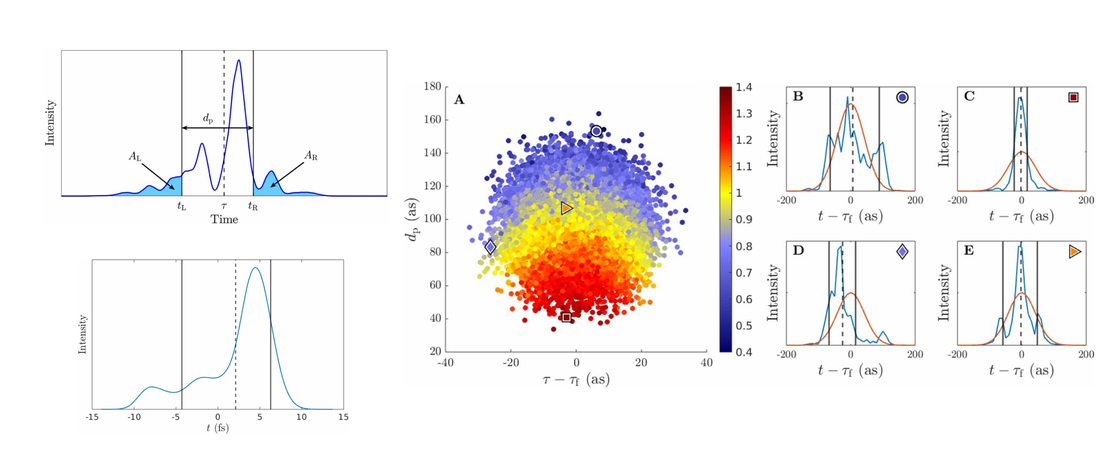
Full wave function cloning for improving convergence of the multiconfigurational Ehrenfest method: Tests in the zero-temperature spin-boson model regime
- Ryan Brook, Christopher Symonds and Dmitrii V. Shalashilin
- Publication
- August 9, 2024
Abstract:
In this paper, we report a new algorithm for creating an adaptive basis set in the Multiconfigurational Ehrenfest (MCE) method, which is termed Full Cloning (FC), and test it together with the existing Multiple Cloning (MC) using the spin-boson model at zero-temperature as a benchmark. The zero-temperature spin-boson regime is a common hurdle in the development of methods that seek to model quantum dynamics. Two versions of MCE exist. We demonstrate that MC is vital for the convergence of MCE version 2 (MCEv2). The first version (MCEv1) converges much better than MCEv2, but FC improves its convergence in a few cases where it is hard to converge it with the help of a reasonably small size of the basis set.
Additional Resources
DOI: 10.1063/5.0221184
Bibtex:
@article{bro24fullwave,
author = {Brook, Ryan and Symonds, Christopher and Shalashilin, Dmitrii V.},
title = {Full wave function cloning for improving convergence of the multiconfigurational Ehrenfest method: Tests in the zero-temperature spin-boson model regime},
journal = {The Journal of Chemical Physics},
volume = {161},
number = {6},
pages = {064102},
year = {2024},
month = {08},
issn = {0021-9606},
doi = {10.1063/5.0221184},
url = {https://doi.org/10.1063/5.0221184},
eprint = {https://pubs.aip.org/aip/jcp/article-pdf/doi/10.1063/5.0221184/20104219/064102\_1\_5.0221184.pdf},
}


